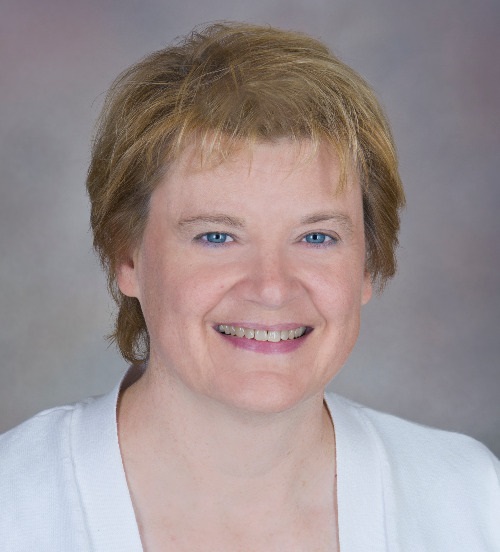Long-Chain Fatty Acid Oxidation Disorders: Advances in Nutritional Management
Released On
June 5, 2022
Expires On
June 5, 2025
Media Type
Internet
Completion Time
60 minutes
Specialty
Genetics, Neonatology, Nutrition
Topic(s)
Genetics, Nutrition
Scroll to the Bottom of this Information to Begin this Course
This activity is provided by EXCEL Continuing Education.

This activity is supported by an independent educational grant from ULTRAGENYX PHARMACEUTICAL.
Credit Available
- Registered Dietitians — 1 CPEU
All other healthcare professionals completing this course will be issued a statement of participation.
Target Audience
This activity is designed to meet the educational needs of Registered Dietitians.
Program Overview
Long-chain fatty acid oxidation disorders (LC-FAODs) are characterized by acute crises of energy production and chronic energy deficiency during times of physiologic stress and fasting. Clinical complications include recurrent episodes of rhabdomyolysis, weakness, hepatic dysfunction, severe hypoglycemia, hyperammonemia, and cardiomyopathy. Despite a traditional diet therapy, serious complications have persisted. This activity will discuss alternative food sources and other advances in FAOD nutritional management that have the potential to significantly improve outcomes in both pediatric and adult patients.
Learning Objectives
Upon completion of this activity, participants should be better able to:
- Provide an overview of LC-FAOD to better understand the pathophysiology of these metabolic disorders
- Recognize common clinical symptoms associated with the most common types of LC-FAOD while recognizing the potential for variation in presentation and prognosis
- Review general recommendations for the dietary and nutritional management of LC-FAOD patients through sample case scenarios
- Explore novel therapies including safety and efficacy, as well as adverse effects and their impact in improving patient outcomes
Faculty

Melanie B. Gillingham, Ph.D., R.D., L.D.
Associate Professor of Molecular and Medical Genetics
Oregon Health and Science University (OHSU) School of Medicine
Portland, OR

Sandra van Calcar, Ph.D., R.D., L.D.
Associate Professor of Molecular and Medical Genetics
Oregon Health and Science University (OHSU) School of Medicine
Portland, OR
Accreditation Statement
EXCEL Continuing Education is accredited by the Academy of Nutrition and Dietetics to provide continuing professional education for registered dietitians.
Credit Designation
EXCEL Continuing Education designates this enduring activity for a maximum of 1.0 CPEU.
CPE Level 2. Performance Indicators: 8.1.1, 8.1.5, 8.2.1, 8.2.3.
Disclosures of Conflicts of Interest
- Melanie B. Gillingham, Ph.D., R.D., L.D.
-
- Grants and Research Support: Nestle, Reneo
- Consultant: Ultragenyx, Reneo
- Honorarium: Ultragenyx
- Sandra van Calcar, Ph.D., R.D., L.D.
-
- Honorarium: Ultragenyx
Instructions for Participation and Credit
There are no fees for participating and receiving CPEU credit for this enduring activity. To receive CME credit participants must:
- Read the CME/CE information and faculty disclosures.
- Participate in the online activity.
- Submit the evaluation form.
Certificates will be emailed to the participant.
Course Viewing Requirements
Supported Browsers:
Internet Explorer 8.0+ for Windows 2003, Vista, XP, Windows 7, Windows 8.1 and above
Google Chrome 28.0+ for Windows, Mac OS, or Linux
Mozilla Firefox 23.0+ for Windows, Mac OS, or Linux
Safari 6.0+ for Mac OSX 10.7 and above
Supported Phones & Tablets:
Android 4.0.3 and above
iPhone/iPad with iOS 6.1 or above
Disclosure of Unlabeled Use
EXCEL Continuing Educaton requires that faculty participating in any CME activity disclose to the audience when discussing any unlabeled or investigational use of any commercial product or device not yet approved for use in the United States.
Disclaimer
This activity is designed for educational purposes. Participants have a responsibility to utilize this information to enhance their professional development to improve patient outcomes. Conclusions drawn by the participants should be derived from careful consideration of all available scientific information. The participant should use his/her clinical judgment, knowledge, experience, and diagnostic decision-making before applying any information, whether provided here or by others, for any professional use.
Contact Information
For CPEU questions please contact: [email protected]
